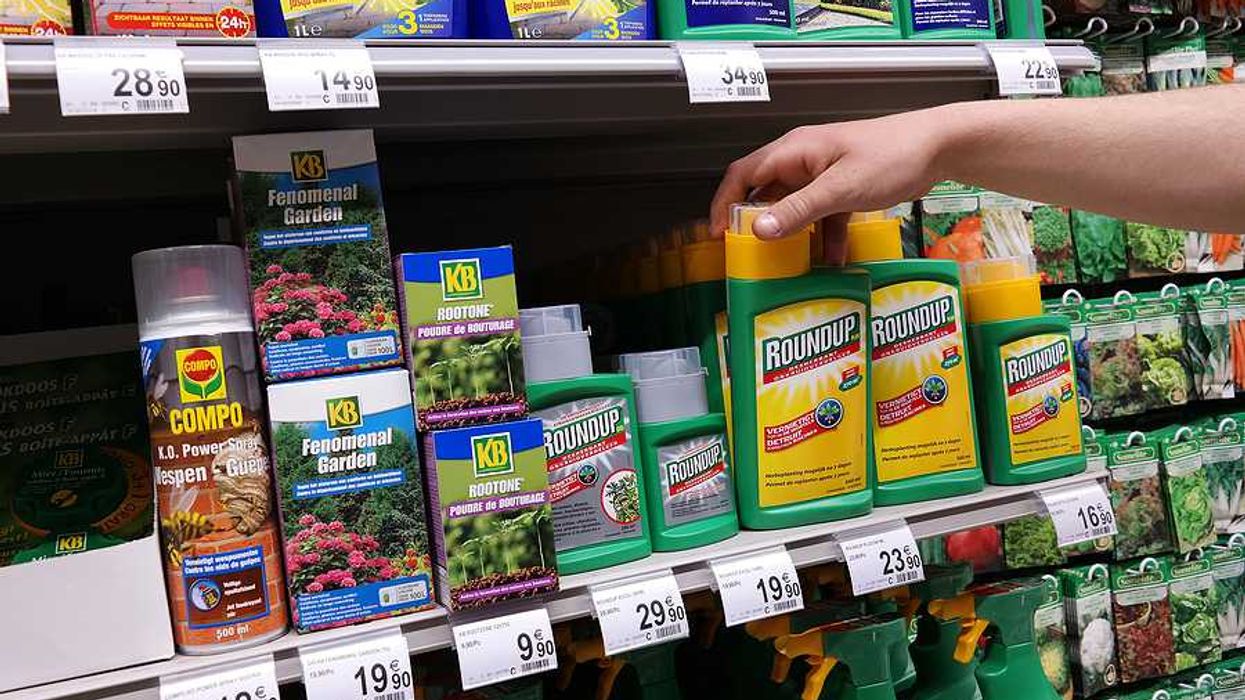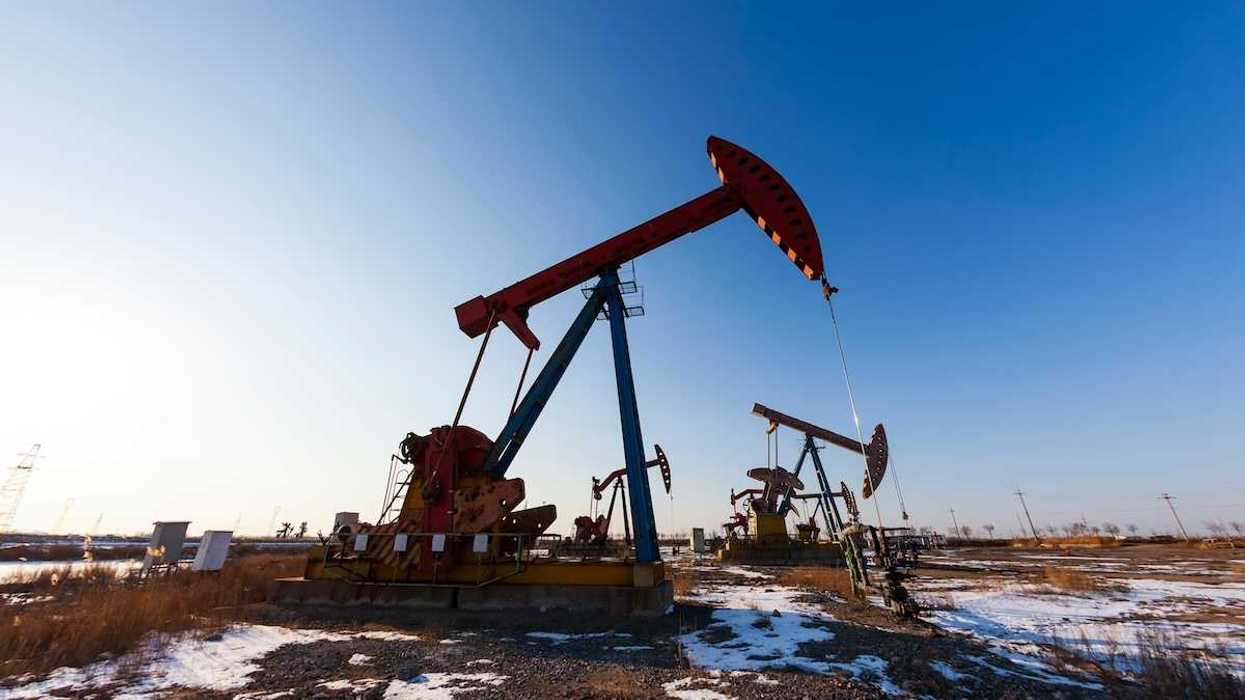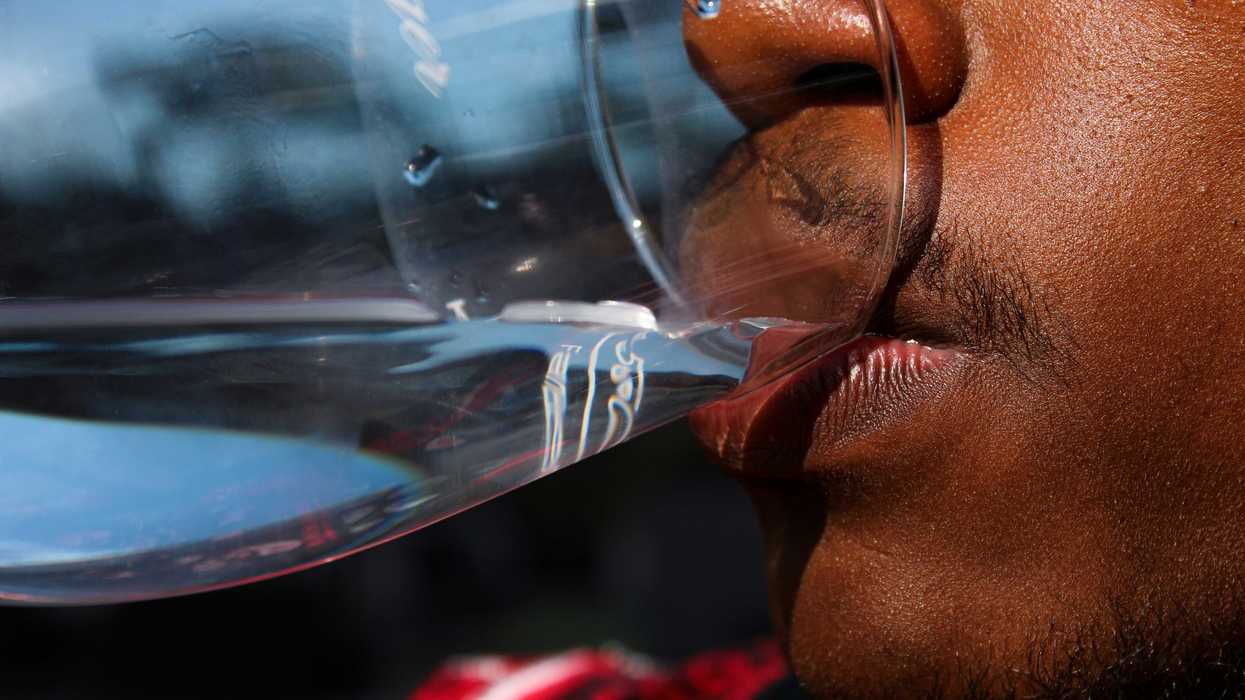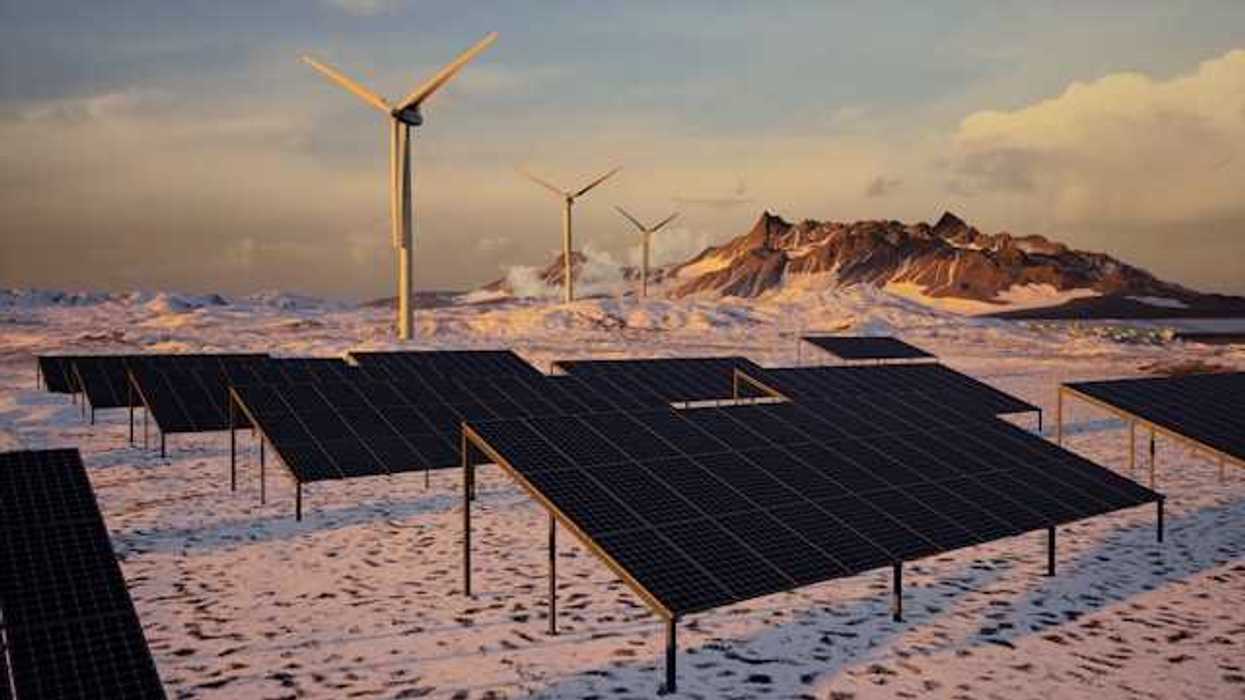Americans are retreating indoors during record heat waves, raising concerns about a lesser-known form of seasonal depression linked to extreme summer temperatures.
Yasmin Tayag reports for The Atlantic.
In short:
- Summers across U.S. cities are now about 2.6 degrees Fahrenheit hotter than 50 years ago, forcing many people to rearrange daily routines to avoid heat exposure.
- Psychiatrists report more cases of “summer seasonal affective disorder,” a condition tied to heat-related stress, disrupted sleep, and reduced social interaction.
- Experts warn that climate change is amplifying heat waves, which may worsen mood disorders, anxiety, and even suicide risk.
Key quote:
“I am not optimistic.”
— Ayman Fanous, psychiatry professor at the University of Arizona
Why this matters:
More people are staying inside for months at a time, which limits sunlight, social contact, and exercise — key buffers against depression and anxiety. Communities without reliable air conditioning face the greatest risks, yet even those with cooling are experiencing a shift in daily life as outdoor activities become unsafe. These patterns mirror winter’s isolation but occur during what used to be the most socially vibrant season of the year. As heat waves grow longer and more intense, researchers warn of cascading mental health effects that public health systems and city planners are only beginning to address.
Read more: A customizable survival kit for climate-fueled disasters














